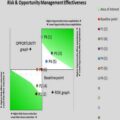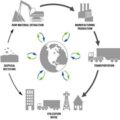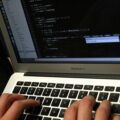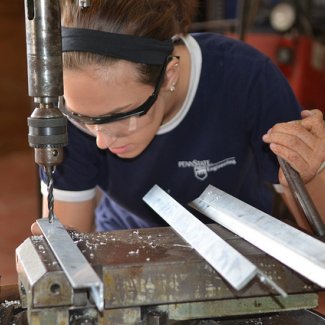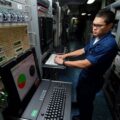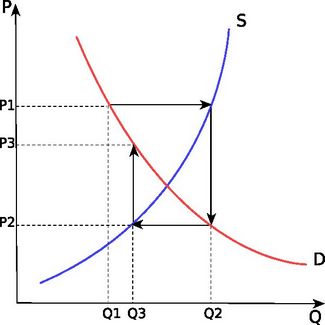
After performing analysis on their compiled data, economists make vital recommendations on methods for improving feasibility and efficiency to businesses, government agencies, or other organizations.
Daily Duties for Economists:
- Researching and evaluating current or historic economic trends
- Conducting research surveys to collect data on the production of goods and services
- Analyzing information using specialized software, mathematical models, and statistical research methods
- Examining employment levels, business cycles, cost of products, healthcare, energy production, effect of taxes, or exchange rates
- Creating tables, charts, and other reports to present research findings to team members
- Forecasting future economic or stock market trends based on current data
- Providing advice to businesses, governments, organizations, or individuals on economy-related problems
- Writing articles for publication in journals and other academic media sources
Economist Job Description
What do economists do? Nearly half of all economists are employed by the federal, state, or local governments to collect data about the U.S. economy and inform policymakers on the economic impact of regulations. However, economists can also find plentiful job opportunities working for corporations, scientific research firms, international operations, universities, and management consulting services.
Most economists are employed on a full-time basis during normal business hours, but some may work under the pressure of tight schedules with extra long hours to meet deadlines. Some economists work from home, while others work as consultants and must travel extensively to attend conferences. Although the majority of economists spend their workday working independently in an office setting, many will also collaborate on teams with other economists and statisticians.
Skills Needed to Be an Economist
While some entry-level positions can be available to those with a bachelor’s degree, it is often required that economists have a master’s or doctoral degree in economics. Due to the complexity of the market, it is imperative that economics possess extensive knowledge in the areas of economics, business, finance, statistics, accounting, international business, and calculus for completing their economic analyses.
In order to have a successful career as an economist, individuals must have strong analytical skills to reviewing data for future projections, communication skills for explaining their work to others, critical thinking skills for using logic to solve complex problems, and writing skills to present their findings in a clear manner. Economists should also be very organized and pay close attention to details to ensure accuracy in the completion of their daily duties.
